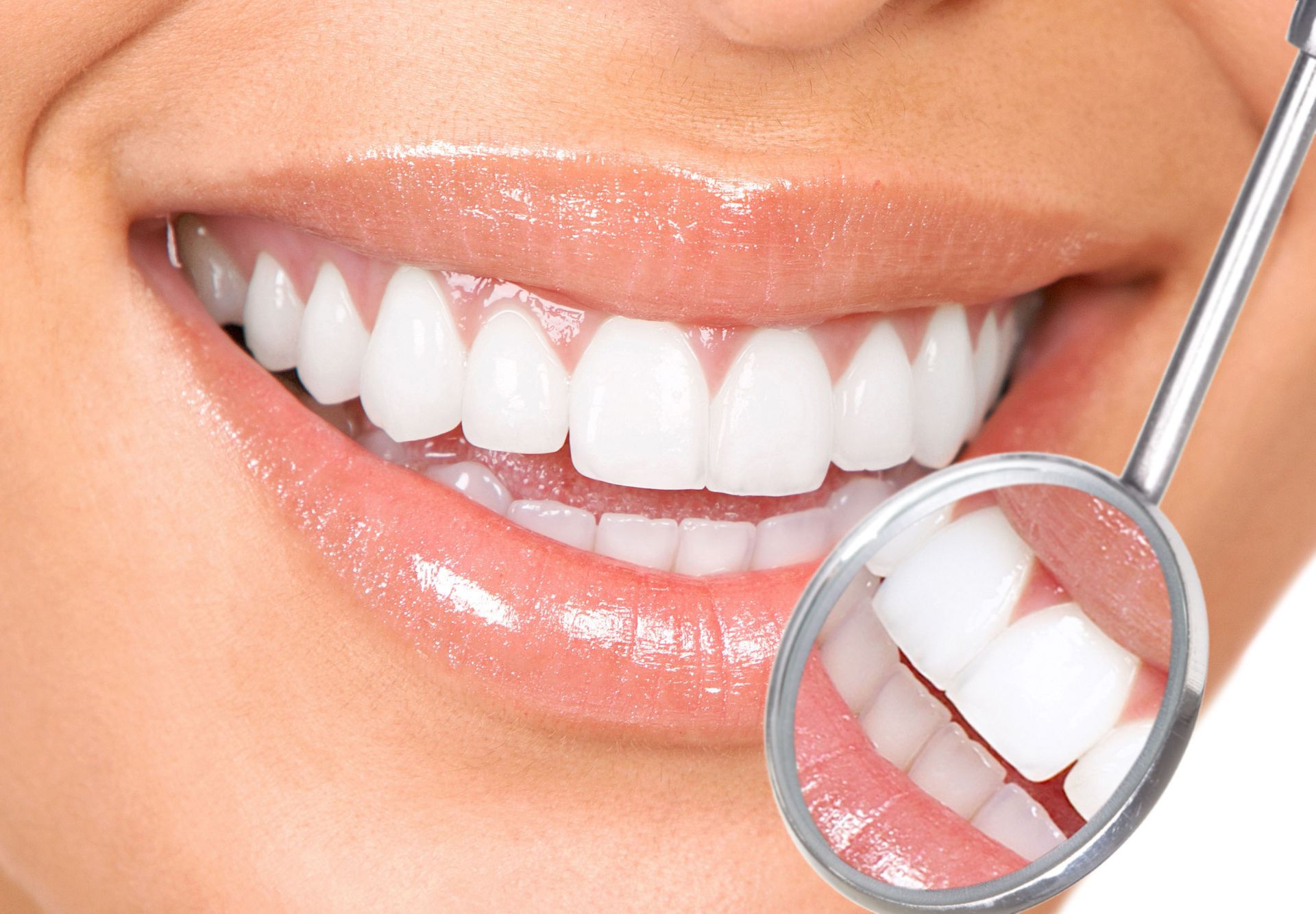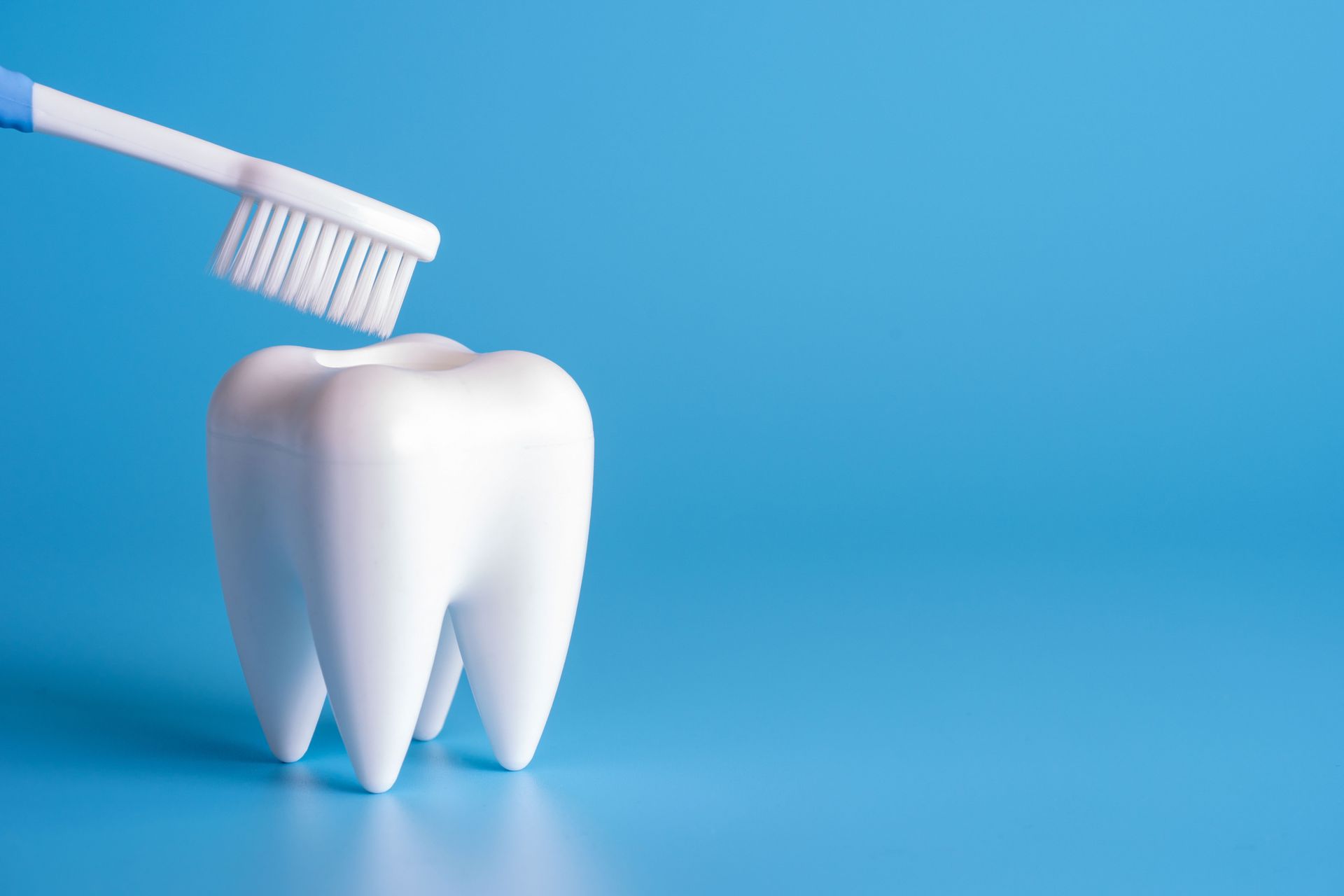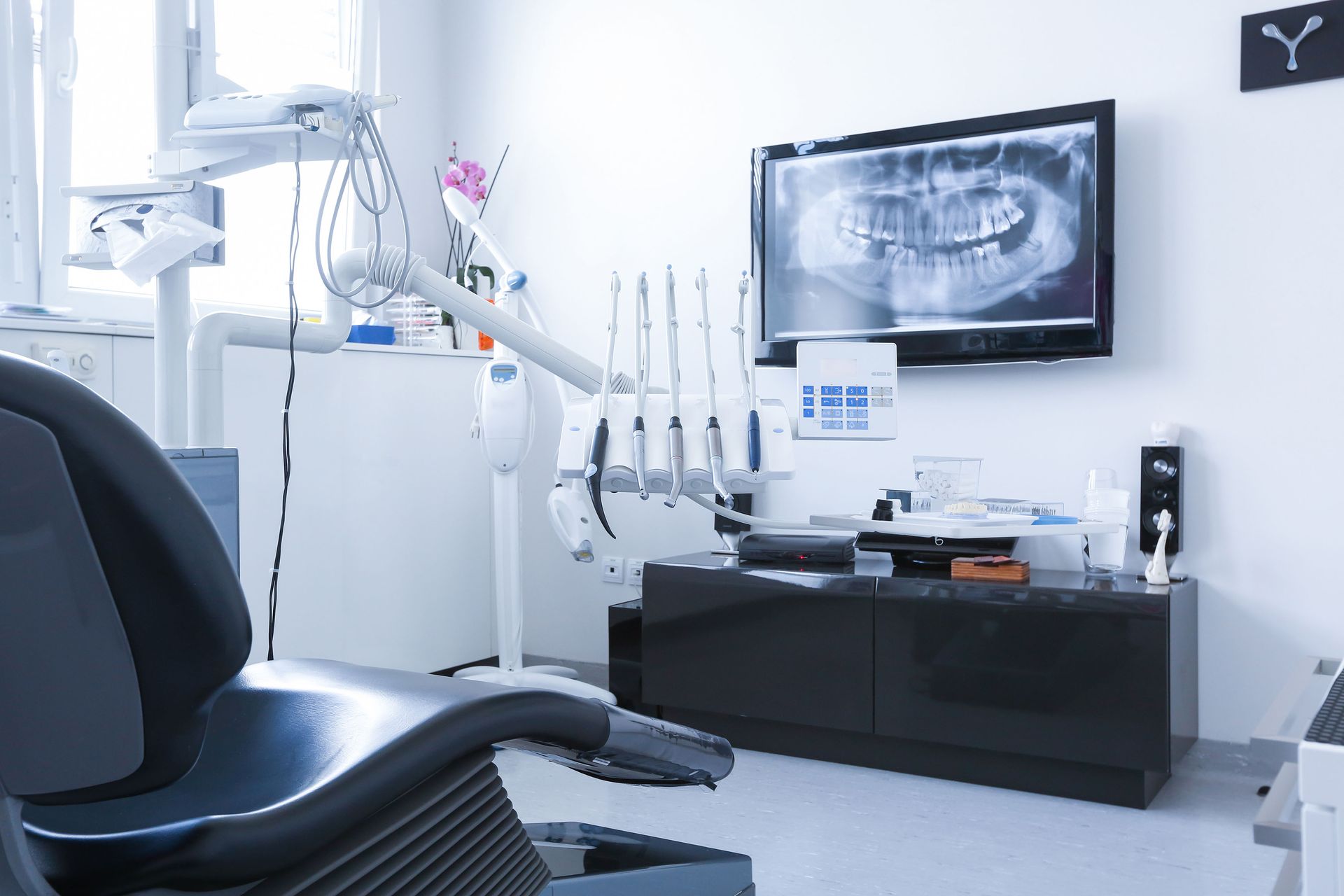6 Benefits of Choosing Dental Implants Over Dentures
When it comes to restoring your smile, choosing the right dental solution is crucial for your oral health and confidence. While dentures have long been a popular option for replacing missing teeth, dental implants have emerged as a superior alternative for many individuals. Dental implants provide a more permanent, comfortable, and natural-looking solution compared to traditional dentures. They not only enhance your appearance but also support long-term oral function and overall well-being. In this blog post, we'll explore several compelling benefits of choosing dental implants over dentures, helping you make an informed decision about your dental health.
1. Superior Stability and Comfort
One of the most significant advantages of dental implants is their superior stability. Unlike dentures, which can slip and cause discomfort, implants are securely anchored into the jawbone. This provides a stable foundation that mimics the function of natural teeth. As a result, individuals with dental implants experience greater comfort and can engage in daily activities like eating and speaking without the fear of their teeth moving or falling out. This enhanced stability also contributes to better chewing efficiency, allowing individuals to maintain a more balanced and nutritious diet.
2. Enhanced Durability and Longevity
Dental implants are designed to last many years with proper care. According to WebMD, dental implants boast a success rate of 90% to 95% for individuals with good health and oral hygiene habits. This high success rate underscores the reliability and longevity of dental implants as a reliable and long-lasting tooth replacement option. Moreover, their durability helps reduce long-term maintenance costs, making them a smart investment over time. With routine dental visits and consistent at-home care, implants can remain functional and aesthetically pleasing for decades.
3. Improved Oral Health
Another vital benefit of dental implants is their positive impact on overall oral health. Dentures can sometimes lead to the deterioration of the jawbone over time because they do not stimulate bone growth. In contrast, implants stimulate the jawbone, preserving its integrity and preventing bone loss. This helps maintain the natural facial structure and reduces the risk of oral health issues associated with bone deterioration. By supporting the surrounding teeth and tissues, implants also help prevent shifting and misalignment that can occur when gaps are left untreated.
4. Natural Appearance and Functionality
Dental implants are renowned for their natural appearance and functionality. Unlike dentures, which may not look as natural and could potentially affect speech, implants look and feel like real teeth. They are custom-designed to match the color, shape, and size of your existing teeth for a seamless integration into your smile. Additionally, implants allow for normal biting and chewing, providing you with the freedom to enjoy your favorite foods without restrictions. This combination of aesthetics and performance significantly boosts self-confidence and overall quality of life.
5. Convenience and Low Maintenance
When it comes to maintenance and convenience, dental implants are the clear winner. Dentures require special cleaning routines and adhesives, adding complexity to your dental hygiene regimen. On the other hand, dental implants can be cared for just like natural teeth with regular brushing, flossing, and dental check-ups. This ease of maintenance makes them a hassle-free option, allowing you to maintain excellent oral hygiene without any added stress. Their low-maintenance nature is one of the reasons many patients find implants to be a more practical long-term solution.
6. Boosted Confidence and Quality of Life
Beyond physical benefits, dental implants can have a profound positive impact on emotional well-being. Because they look and function like natural teeth, many patients feel more confident smiling, speaking, and interacting in social settings. This renewed self-assurance often leads to improved personal and professional relationships. Ultimately, dental implants do more than restore your smile - they help restore your sense of self.
Dental implants offer numerous benefits over traditional dentures, making them a preferred choice for many individuals seeking a reliable tooth replacement solution. From superior stability and enhanced durability to improved oral health and natural appearance, the advantages of implants are undeniable. With a high success rate and low maintenance requirements, implants are a worthwhile investment in your long-term dental health and overall quality of life. If you are considering options for tooth replacement, consult with Panneton Dental Group to explore whether dental implants are the right choice for you.





Share On: